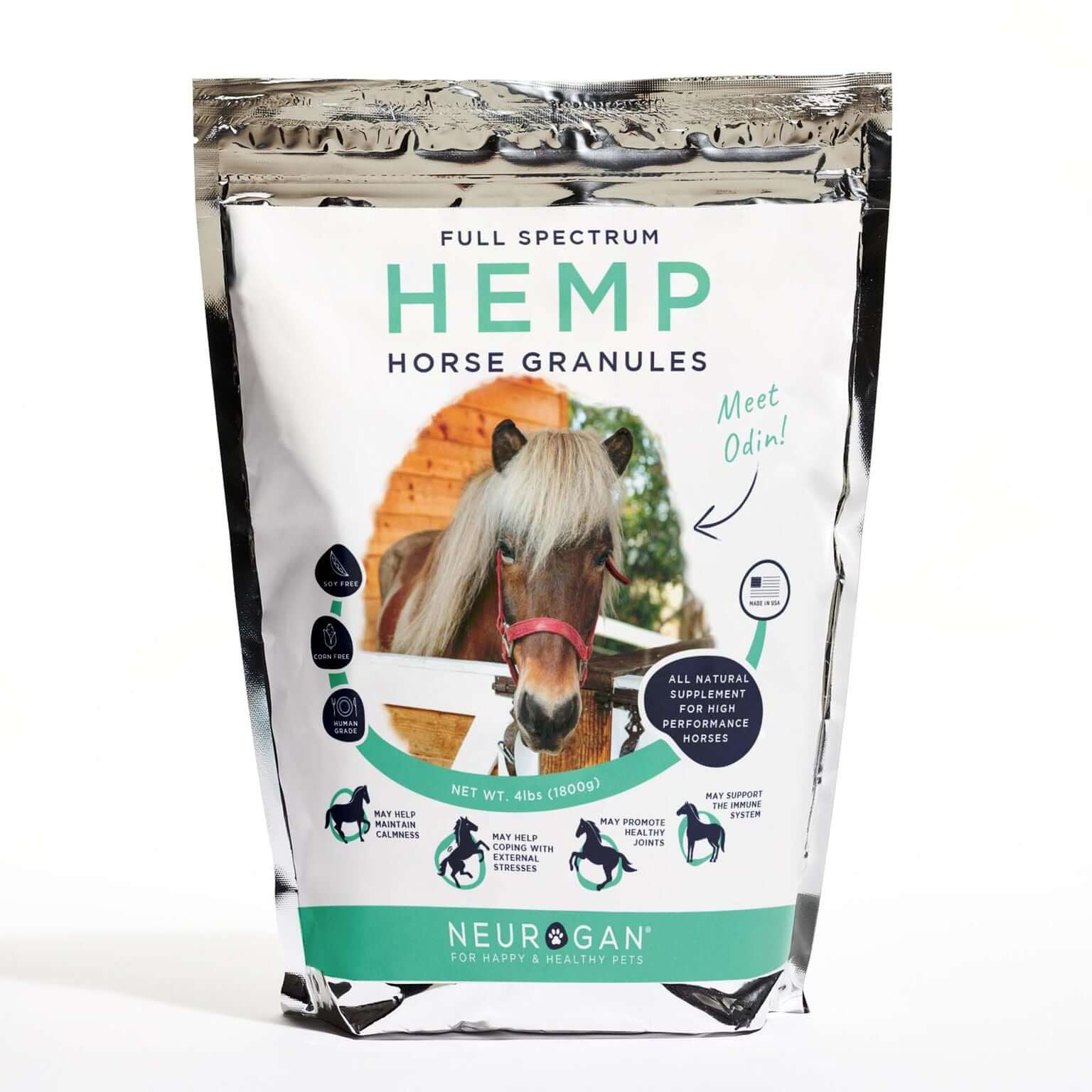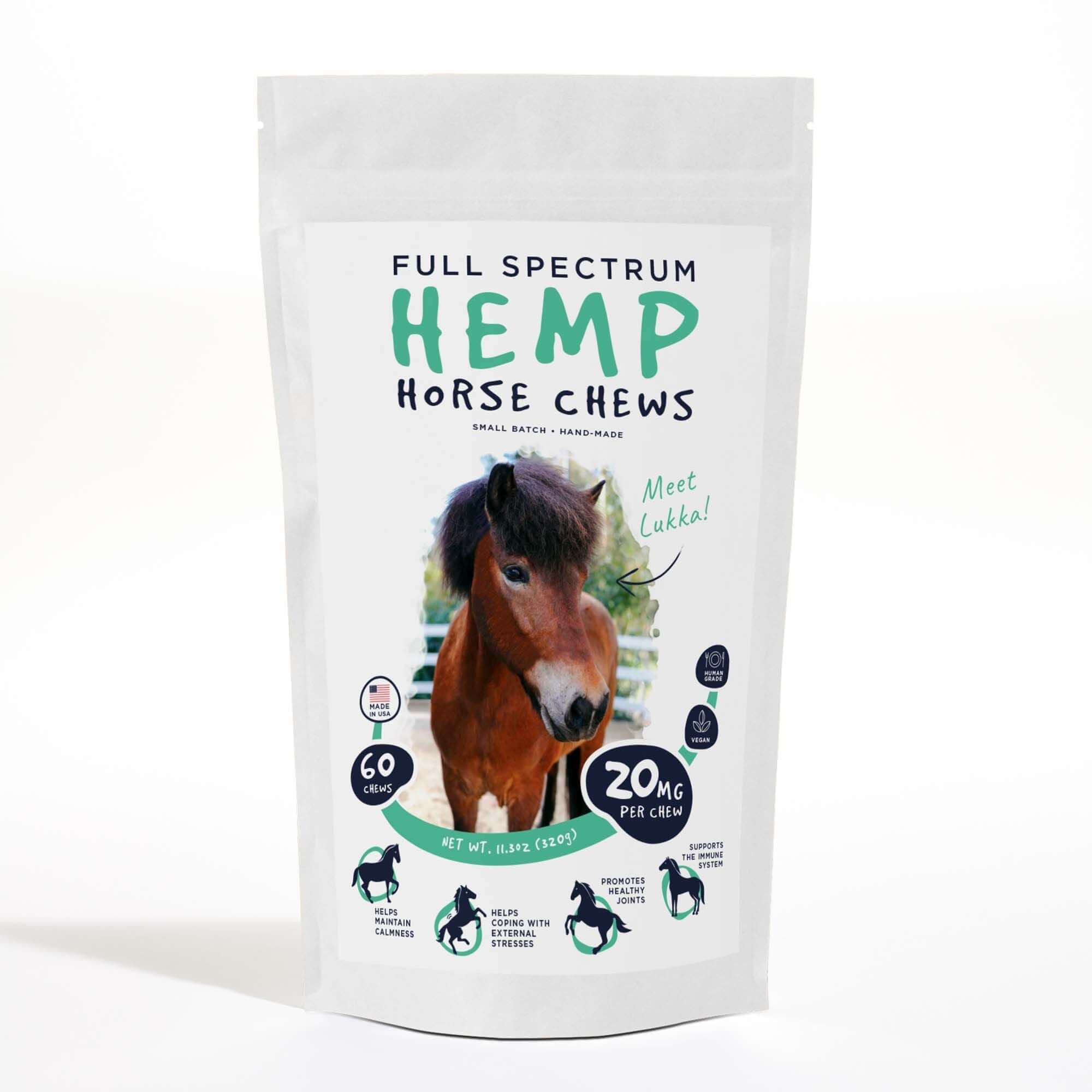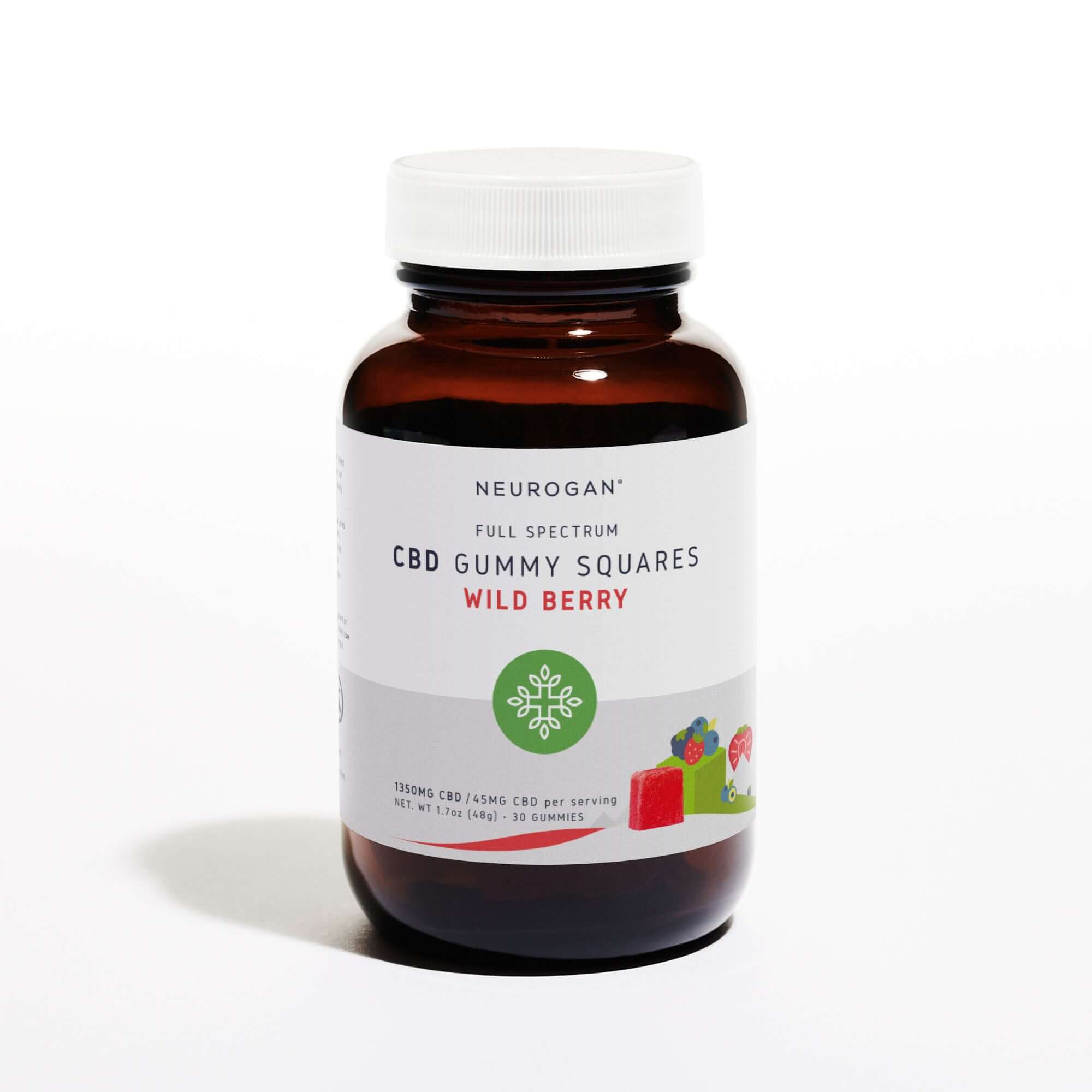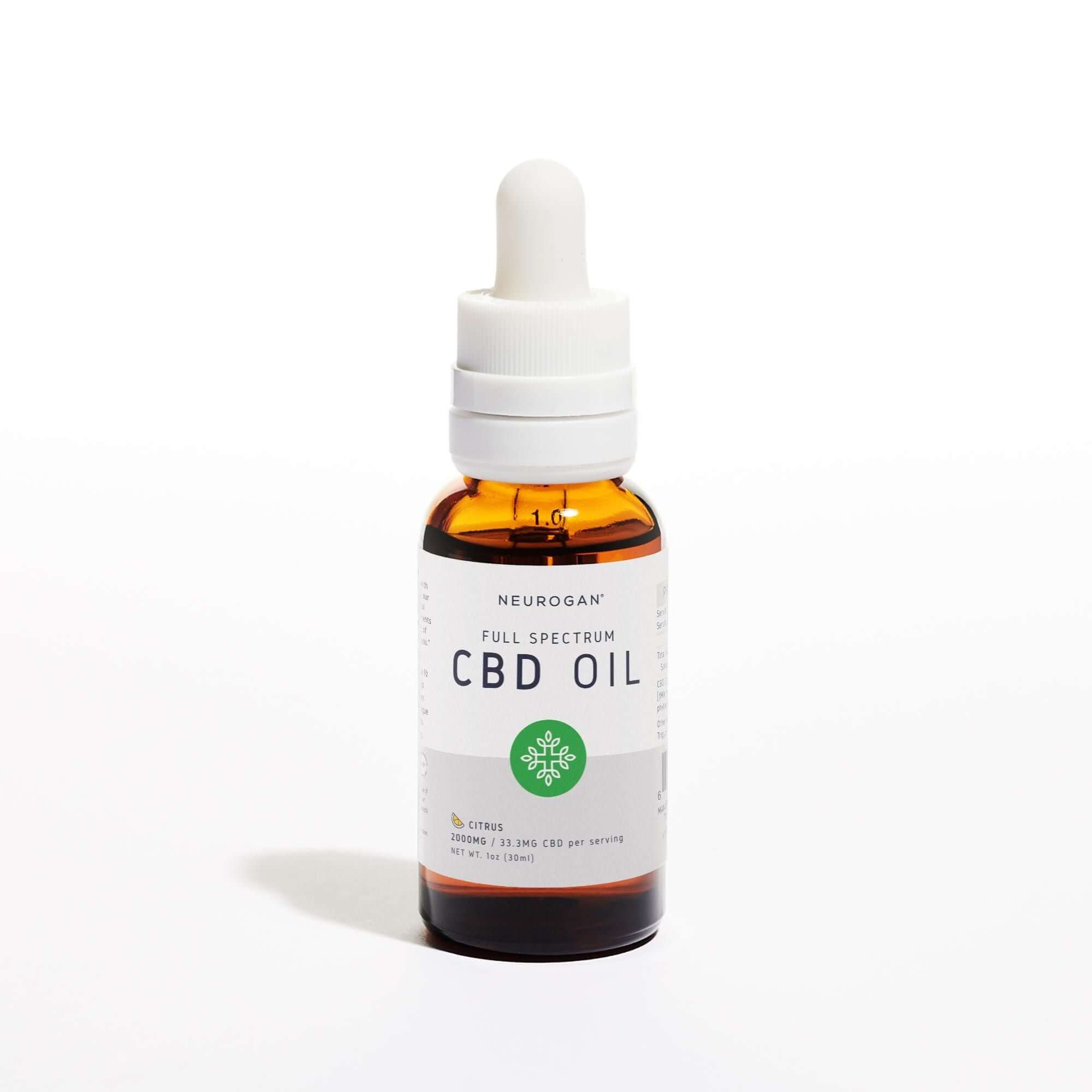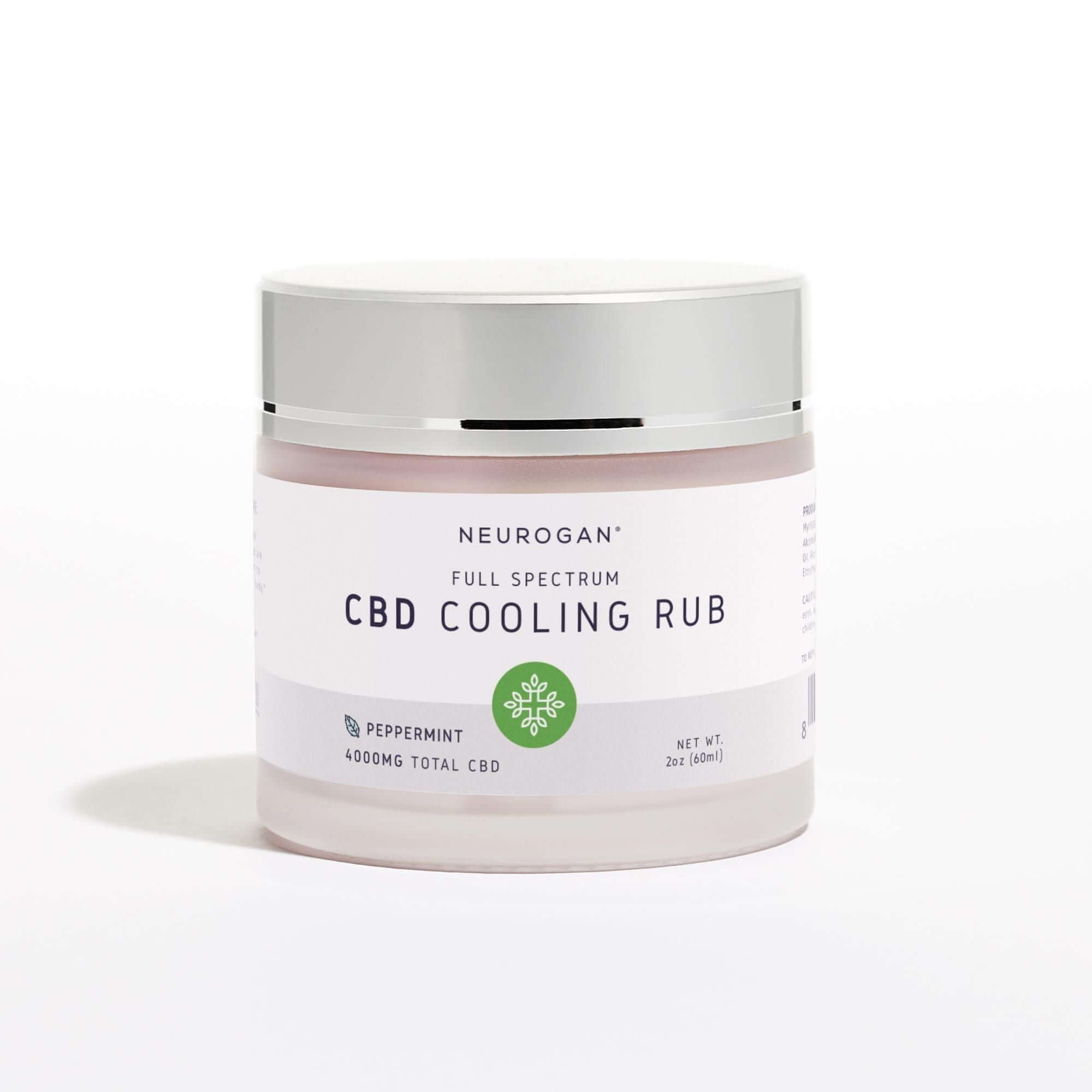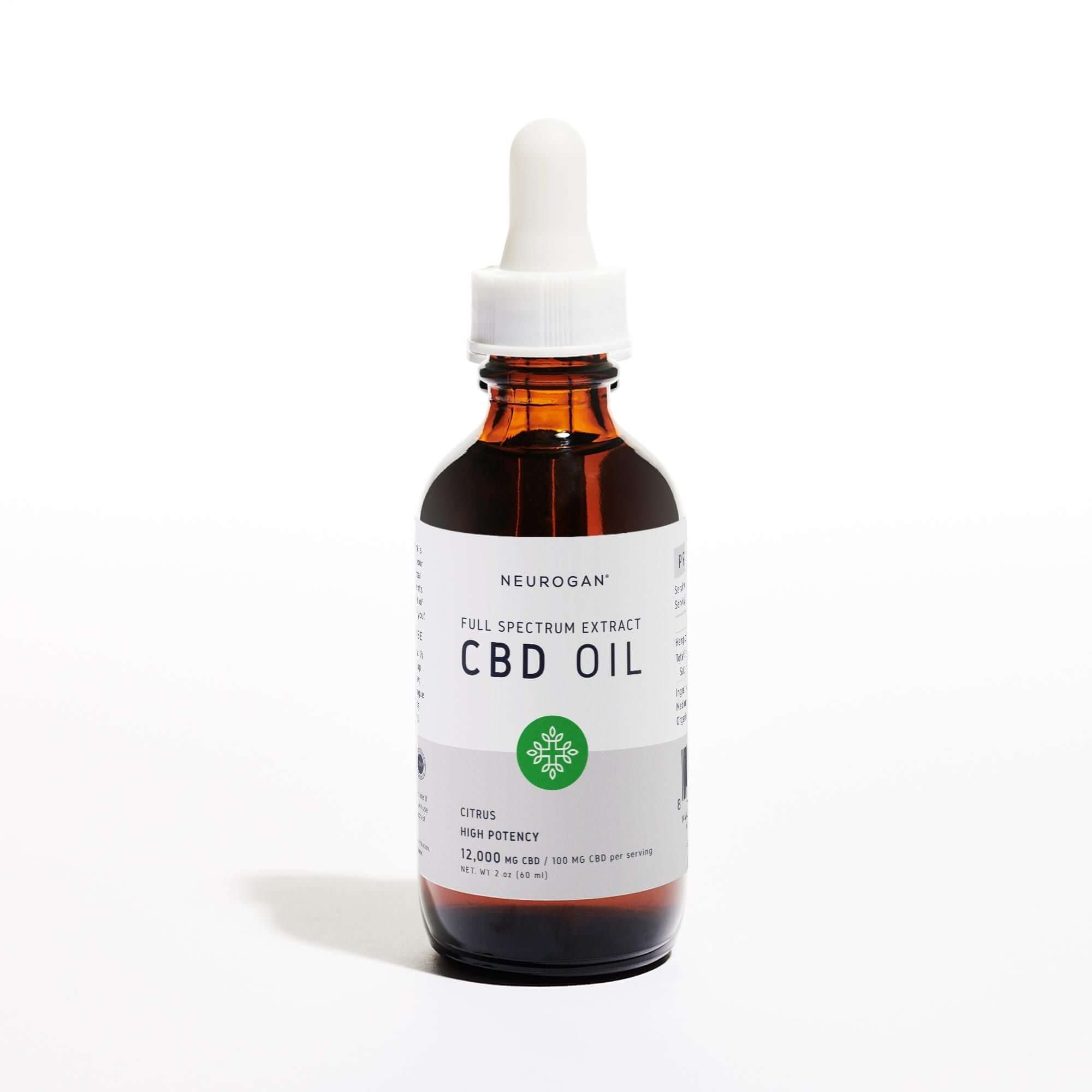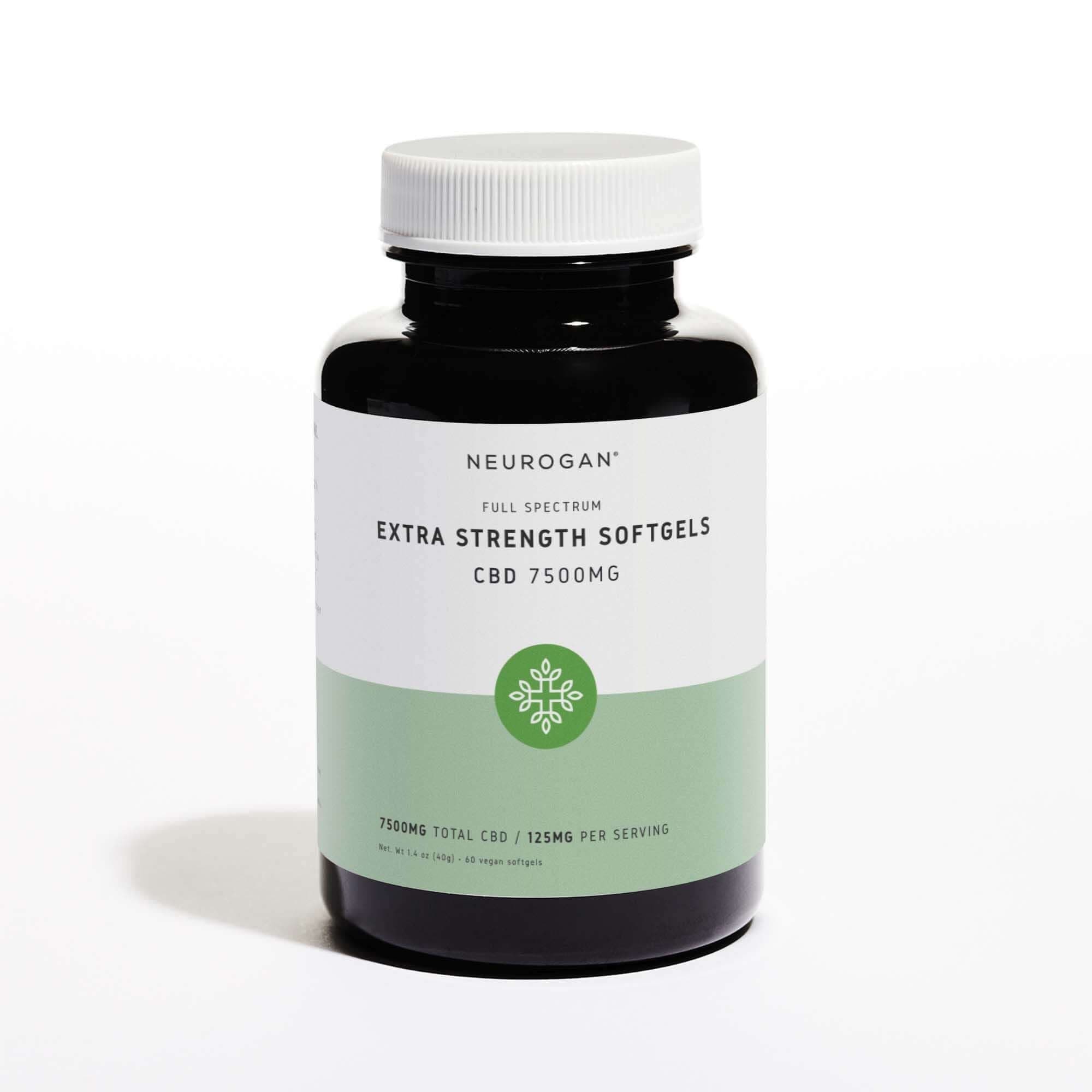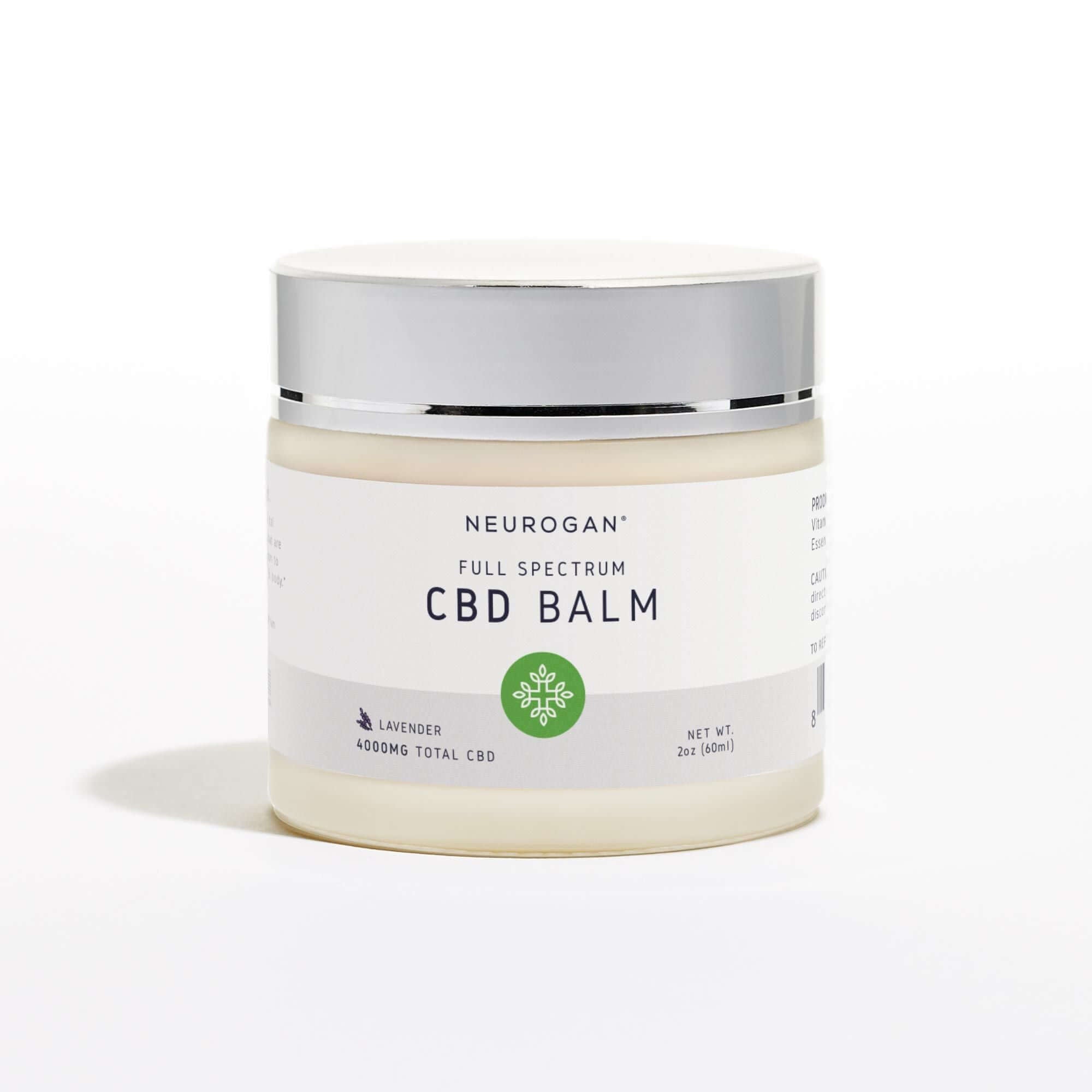CBD for Horses
Our CBD for Horses features high-quality full spectrum CBD products, naturally derived from Danish farms using CO2 extraction methods. Veterinarian-verified, they aid in enhancing mobility, calming nervous horses & providing general wellness relief.
Filter and sort 4 products
 Farm-Bill Compliant
Farm-Bill Compliant Farm-Bill Compliant
Farm-Bill Compliant Farm-Bill Compliant
Farm-Bill CompliantOur Award Winning Horse CBD
CBD Benefits for Horses
CBD, renowned for enhancing wellness and well-being, becomes even more potent in our high quality CBD for Horses, family made to improve mobility, mood, & general wellness relief.
Our premium cannabidiol for horses, including CBD Horse Granules, Oil, and Treats, is naturally extracted using CO2 from Danish farms. This method ensures a pure, effective product that interacts safely with the horse's endocannabinoid system (ECS), upholding the high quality of our human-grade CBD horse products for equine wellness.

High Quality, Safe & Tested
Equine CBD for Wellness
Safety and Expertise:
Our CBD products for horses are certified safe by a veterinarian with over 10 years of experience in the field, ensuring non-addictive and gentle care for your equine companions.
Quality and Appeal:
We set the standard with lab-tested, vegan, & cruelty-free horse CBD products. To enhance taste, some items include natural flavors like coconut oil, oat flour, or almond butter.
Nationwide Availability:
Find our top-rated CBD oil products for horses in horse stores across the nation, making it easy to provide the best in equine wellness wherever you are.
The Science Of Hemp:
How Is CBD Oil Made?
CBD oil is becoming one of the most popular supplements on the market. But how is it made?
Watch this video to see behind-the-scenes footage of how your favorite high-potency CBD oil is made for horse pellets and tincture at Neurogan in San Diego.
🏆 We are the #1 CBD for Horse - Best Value
CBD Dosage For Animals

Reviews of our CBD Horse Products
FAQs
What is the best CBD oil for horses?
Horses will benefit from a CBD oil that’s made from premium-grade hemp with a high potency cannabinoid profile and compliant safety levels. Neurogan CBD Oil for Horses fits the criteria so your horse can experience optimal health.
Is CBD Oil legal for Horses?
Yes, when derived from hemp and adhering to regulatory standards, CBD for horses is legal. Always buy from trusted sources like Neurogan for assurance.
How much CBD doe sit take to calm a horse?
The amount of CBD needed to calm a horse varies based on size, temperament, and individual needs. Typically, it's recommended to start with a lower dosage and gradually increase, monitoring the horse's response to find the optimal amount.
Can horses use CBD products?
Yes, horses can use CBD products. Like humans, horses have an endocannabinoid system (ECS) that responds to cannabinoids. CBD works with the ECS to regulate a horse’s immune health, natural inflammatory response, recovery process, mood, and beyond.
Is CBD safe for horses?
Yes, CBD is generally safe, non-addictive, and works great for equine health. However, it is important to always purchase from a reputable CBD company and review its origin, ingredients used, and 3rd party laboratory test results to ensure safety levels are compliant.
Can CBD lower creatinine levels?
There's limited research on CBD's effect on lowering creatinine levels in horses. While CBD has various health benefits, its impact on kidney function and creatinine levels requires further scientific study to establish any definitive conclusions.
What is the best CBD for horses?
The best CBD for horses is pure, potent, & third-party lab-tested products. Neurogan offers trusted horse CBD products that prioritize quality & efficacy, to maximize the benefits of better mobility & mood improvement.
Is Cannabidiol for horses Safe?
Yes, Cannabidiol horse products, when sourced from reputable brands like Neurogan, ensure safety and quality. We're committed to delivering hemp-derived, lab-verified products for the optimal well-being of your equine companion.
EightHorseHemp vs Neurogan for cannabidiol horse products?
While EightHorseHemp offers unrelated flower products, Neurogan is dedicated to delivering top-notch CBD products for horses, emphasizing health benefits and safety.
How many CBD horse supplements are there?
The three main CBD supplements for horses are oil, pellets, and chews - each offer a unique method of administration. The oil can be added directly to food or administered orally, pellets can be mixed into regular feed, and treats are a convenient, ready-to-eat option for direct supplementation.




